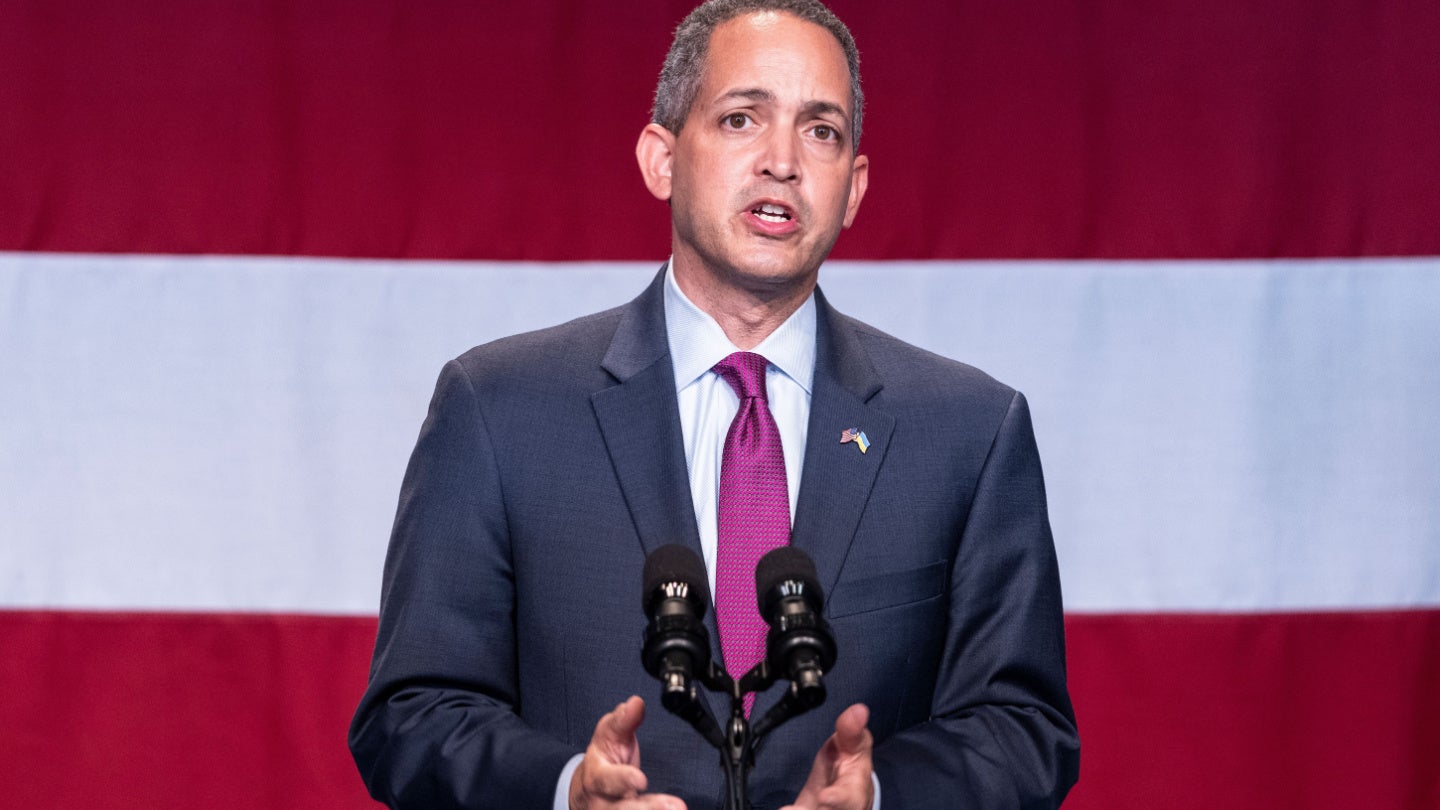
South Korea is pressuring the US to ease chip sanctions as it plans during a meeting between the South Korean Ministry of Trade, Industry and Energy (MOTIE) and the US Department of Commerce.
Despite being somewhat vague on the specifics of Korea’s request to the US, a statement released by MOTIE clarified that its Vice Minister Youngjin Jang met with US Deputy Secretary of Commerce Don Graves to discuss future overseas research and import relations.
Speaking on the future of US-Korea trade relations during the meeting between the two countries, Don Graves stated that he intends to continue the “impactful” relationship.
Graves admitted the two countries were in a “high-stakes, must-win technology competition, especially with authoritarian adversaries.”
Clarifying this point further, Graves also said it was of high importance that the two countries continue to “innovate” technology “without fear of the use and abuse of sensitive technologies” to undermine national security.
The US has been consistently citing national security concerns as its main motive behind many chip import sanctions and investment curbs, despite China’s rebuttal of this reasoning.
How well do you really know your competitors?
Access the most comprehensive Company Profiles on the market, powered by GlobalData. Save hours of research. Gain competitive edge.

Thank you!
Your download email will arrive shortly
Not ready to buy yet? Download a free sample
We are confident about the unique quality of our Company Profiles. However, we want you to make the most beneficial decision for your business, so we offer a free sample that you can download by submitting the below form
By GlobalDataHowever, South Korea has also appeared to take issue with the US’ “America first” policies.
Speaking this August to the Financial Times, former chip engineer and South Korean legislator Yang Hyang-ja spoke of some discomfort over the US’ actions.
“If [Washington] continues to try to punish other nations and to pass bills and implement ‘America first’ policies in an unpredictable manner, other countries could form an alliance against the US,” Yang told the FT.
Such discomfort could be explained by a recent downturn in the value of AI deals that South Korea is seeing.
Despite peaking in 2021 at $2m, the value of deals around AI has decreased by around 89%, according to research analyst GlobalData’s deal database.
The analyst also found that South Korea has been seeing a steady decline in government researchers in its tech sector. Whilst in 2010 the number of government researchers accounted for 7.5% of South Korea’s total population, this decreased to 5.9% by 2021.
Significant declines in the value of deals and researcher populations could make South Korea lose its price competitiveness.
Whilst Graves acknowledged in his speech that it is “impossible to walk down the street in the United States without seeing a product that is somehow linked to a Korean brand or technology”, South Korea could lose its foot holding within the US if it continues to see this decline.







